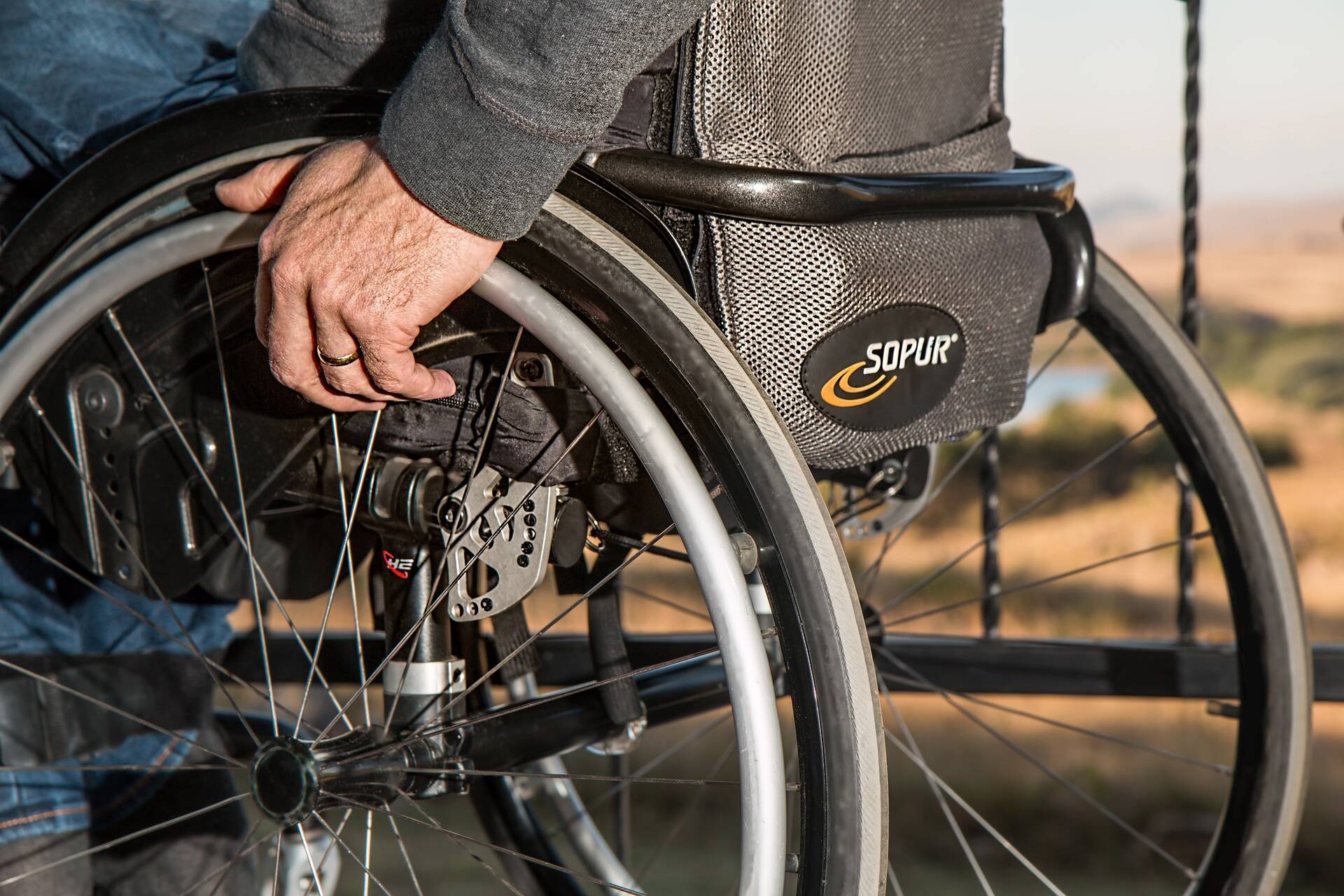The Auburn Police Department introduced a new program on June 1 designed to assist nonverbal individuals and individuals with developmental disabilities in returning home and in emergency situations.
The program intends to support police in assisting individuals with difficulty communicating and in situations where individuals become disoriented or act in a manner “that could be misinterpreted by first responders,” according to the department.
Families can register individuals into the Auburn Police Department’s “Take Me Home” database using an online registration form available on the department’s website.
Officers will search the database using physical descriptors, names, and unique characteristics to attempt to identify individuals that may have difficulty communicating with first responders. The record will provide officers with information to accommodate for and assist the individual.
The database will hold photos and contact information for the individuals in need and family.
The Auburn Police Department designed the program to assist individuals with autism, Down syndrome, developmental and cognitive disabilities, and senior citizens with dementia and Alzheimer’s, according to the department.
“At times we contact people in need that have developmental disabilities or are (non-verbal). They could be children or adults without identification,” Commander Cristian Adams of the Auburn Police Department said in an email. “This could help get these people home.”
Adams introduced the Take Me Home program to the Auburn Police Department. According to Adams, the Take Me Home program is not a new concept, with other departments participating in the program as well, including the City of Renton, though it is new to the Auburn Police Department, with an announcement that the program had gone live on the department’s social media on June 1.
The implementation of the program required several months to build, Adams said. As of the initial implementation, they have no future expansion plans for the program.


